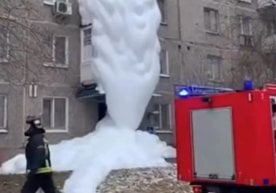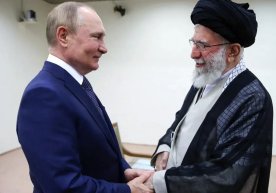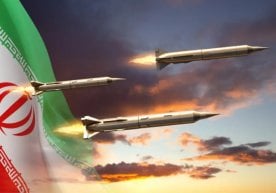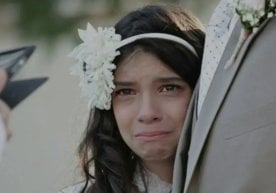The conflict between Iran and Israel may continue for up to two years
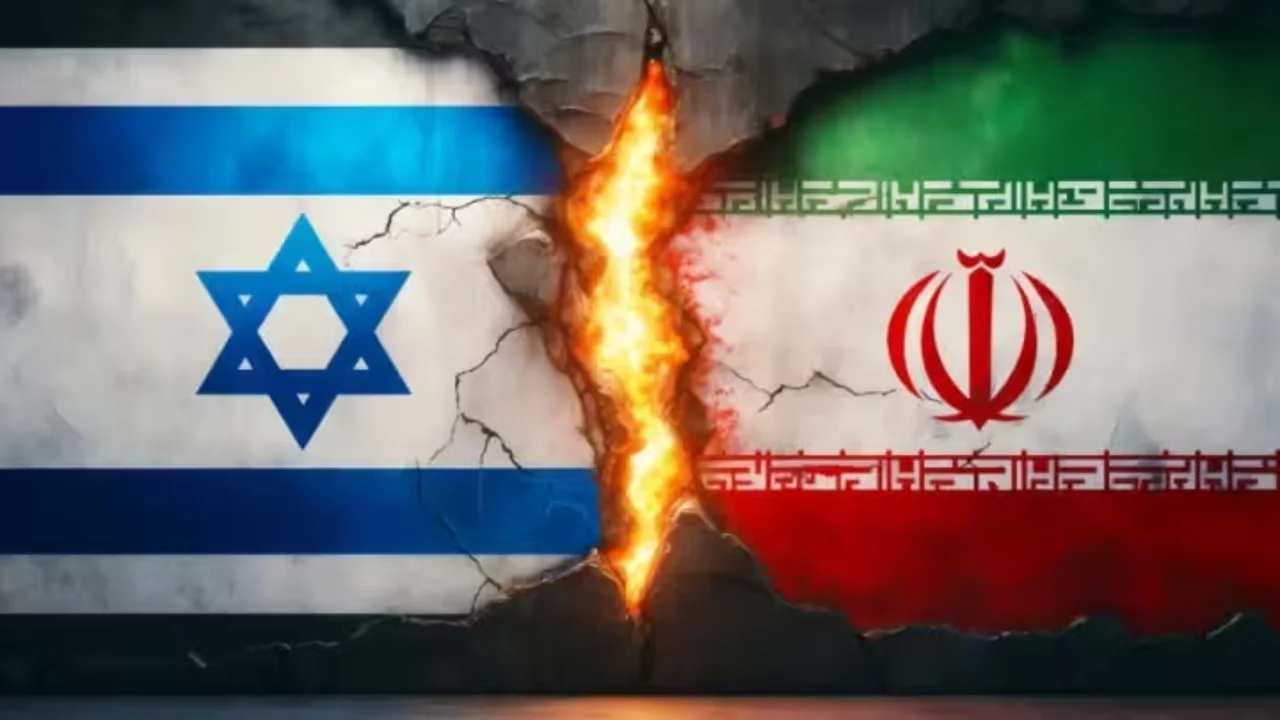
The situation in Asia and the Middle East is becoming more tense, leading to wide discussions on the international stage. According to a source of CNN, Iranian officials have stated that the armed conflict between their country and Israel may last another two years. The confidential source emphasized that Tehran is preparing in advance for such a scenario.
For now, calls for a temporary ceasefire are not being taken seriously in Iran. Official Tehran views these words not as an attempt to stop the conflict, but as an attempt to test Iran's solid preparation and willpower. Therefore, the country’s leadership has entered the war with full readiness and is ready to implement all necessary measures.
Iran is directly addressing the United States, demanding that supporting Israel in the war means taking direct responsibility for participating in it. Officials of the Islamic Republic want Washington not only to not hide behind Israel, but also to be open and clearly responsible for all their actions.
The scene of war and accusations
On the night of June 13, the Israeli government accused Iran of running a secret military-nuclear program and launched a military operation. The attacks from the air and by special sabotage groups were mainly directed at Iran's strategically important objects, generals, prominent nuclear physicists, air bases, missile production plants, and air defense systems.
Iran, in turn, emphasizes that its nuclear project pursues only peaceful purposes and denies military programs. IAEA Director General Rafael Grossi made an official statement on June 18, saying that agency inspectors do not have concrete evidence of Iran developing nuclear weapons. The US intelligence service also noted, contrary to the claims of Trump and Israel, that Iran was not seeking to create a nuclear weapon.
Military strikes and counterattacks
After Israel's military operation, Iran did not delay in responding. Using missiles and unmanned aerial vehicles, strikes were delivered at a number of military sites and strategic facilities located in Israel. As a result of the counterattacks, residential areas on both sides were damaged, and tragic casualties were reported.
According to Iran's Ministry of Health, the number of victims in the country has exceeded 220, and the number of wounded has reached 2.8 thousand people. Iran’s ambassador in Russia, Kazem Jalali, noted that the number of victims was close to 300. On the Israeli side, it was reported that more than 20 people were killed and more than 1,200 were wounded as a result of Iran’s missile strikes.
Daily strikes and international concern
Most worryingly, this frightening “mutual strike” between Israel and Iran has become a daily routine. The Israeli government has promised not to stop military operations until Iran’s nuclear program is completely destroyed. Tehran, in turn, stated that counterattacks would continue if Israeli air strikes did not stop.
US participation and a new stage
On the night of June 22, the situation became even more tense. The United States Army delivered powerful strikes from the air and from submarines at three major nuclear facilities on Iranian territory. B-2 stealth bombers dropped at least dozens of GBU-57 bunker-busting bombs on the Fordow uranium enrichment center located inside a mountain. In addition, about 30 Tomahawk cruise missiles were launched by submarines at the Natanz and Isfahan nuclear sites.
Although Trump announced that the targets were completely destroyed, White House officials emphasized that these strikes were a one-time special operation and did not aim for regime change.
In response to these attacks, Iran, using new, most modern Kheibar ballistic missiles, launched dozens more rockets at Israel. In the cities of Tel Aviv, Nes Ziona, and Haifa, several houses were destroyed, and 86 people were injured.
Diplomatic efforts and prospects
Iranian Foreign Minister Abbas Araqchi stated that he does not see a diplomatic solution to the conflict and announced an even tougher diplomatic position. At a press conference in Istanbul, he said that he would travel to Moscow to meet with Russian President Vladimir Putin. Araqchi accused the American president of betraying not only Iran, but also his own people.
Thus, the war between Iran and Israel is entering an even more uncompromising, protracted, and potentially devastating stage. The involvement of the US and other countries has made it even more difficult to ensure regional stability and establish peace.
Conclusion
The conflict between Iran and Israel poses a serious threat not only to the fate of both countries, but also to regional and global security. How long the conflict will last, whether international efforts can ease the situation – there is no clear answer yet. But it is clear that each strike, each victim, and each new attack tests the hopes for peace. Read “Zamin” on Telegram!
Ctrl
Enter
Found a mistake?
Select the phrase and press Ctrl+Enter 

















